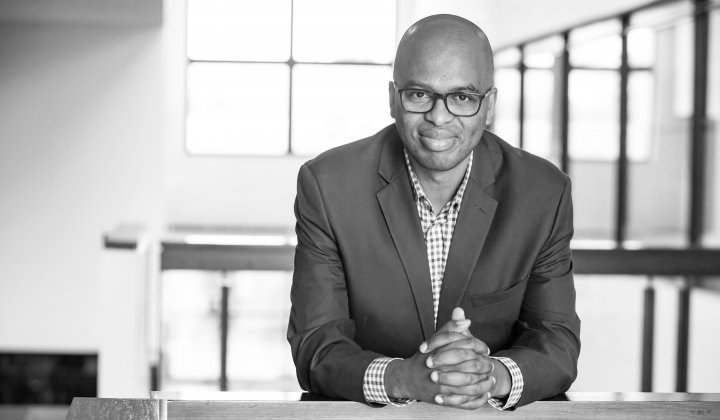The human population of our world has been thrown into disarray. As I write this column it’s the beginning of April and who knows what will have transpired across the globe by the time you read it. Despite the unknowns, what’s clear to me is that people, companies, nations and humanity are in for a major reboot. Amidst the rapidly evolving landscape that we must navigate, four observations about the leadership that we are going to need in a post-pandemic world have emerged.
Firstly, the world will need leaders who can think beyond borders. As I’ve devoured news about the COVID-19 pandemic, I’ve been struck by how many reports are focused at or within the country level. Whilst this is totally understandable when a crisis strikes, our reboot is going to require all of us to reframe our sphere of impact beyond a local or country level. The relentless march of this novel coronavirus has shown that our assumptions about risk management and how we can arbitrage across markets, states, countries and hemispheres are flawed. What some countries, corporations and constitutions see as externalities are our collective problems and opportunities. A systemic global viewpoint is not only the purview of the multinational, it’s essential for every leader.
My second insight concerns the nature of strong leadership. Although every leader or management scholar has a view on what constitutes effective leadership, the current pandemic has exposed both desirable and glaringly inadequate behaviours, particularly on the part of political leaders. At the time of writing, a comparison of leaders like President Ramaphosa and Chancellor Merkel who have received far more praise from a wide range of stakeholders relative to the likes of Prime Minister Johnson and President Trump has reinforced the importance of a number of principles. Although both effective and ineffective leaders have been visible to their constituents (with the bad typically practicing inappropriate social distancing), the more effective leaders have been perceived as far more decisive, consistent, humane and honest than their less competent counterparts. We’ve seen that good leadership doesn’t mean that leaders don’t change course when they are faced with evidence that suggests a different path might be more effective. They pivot rapidly but also explain why they are doing so and take people with them on the journey.
My third insight has been gleaned from my engagements with our wonderful GIBS community, particularly our faculty and support staff. Although the past few weeks may make the rapid rate of change that organisations have been experiencing over the last few years appear slow, navigating the COVID-19 crisis has underscored the role that relationship capital plays when times are tough and rapid change is needed. The multiple calls that we’ve all heard to embrace technology and build agile organisations are more relevant than ever, but I’ve learned first-hand that when people trust their leaders, it’s so much easier to make a change that will stick.
My last point relates to the role of the modern corporation. As with people, this crisis has shown up the best and the worst of business practice. On the positive side, it’s been remarkable to see companies innovate, improvise and adapt. The rapid response of a number of local South African companies to government’s request for assistance is firm evidence of how much we need business that makes a positive contribution to humanity today and in the future. At the same time, businesses worldwide are going to need to introspect about what it really means to be purposeful, to serve and to play their part in nurturing our fragile human race and the environment that sustains it.
The game has changed forever.



